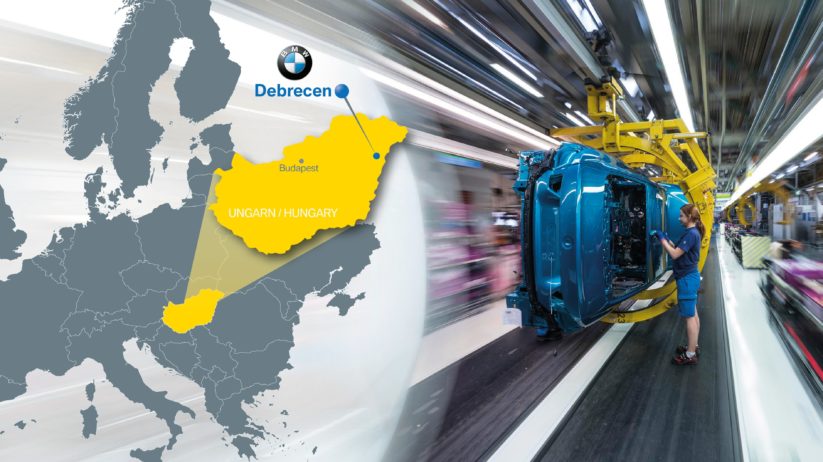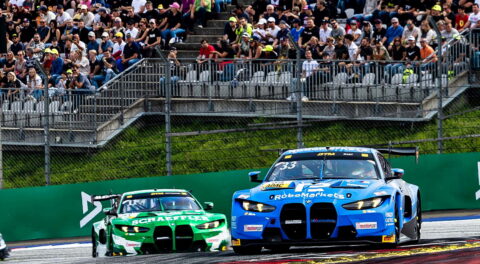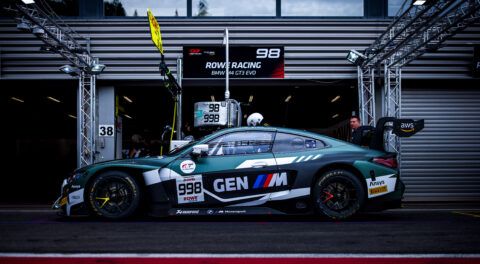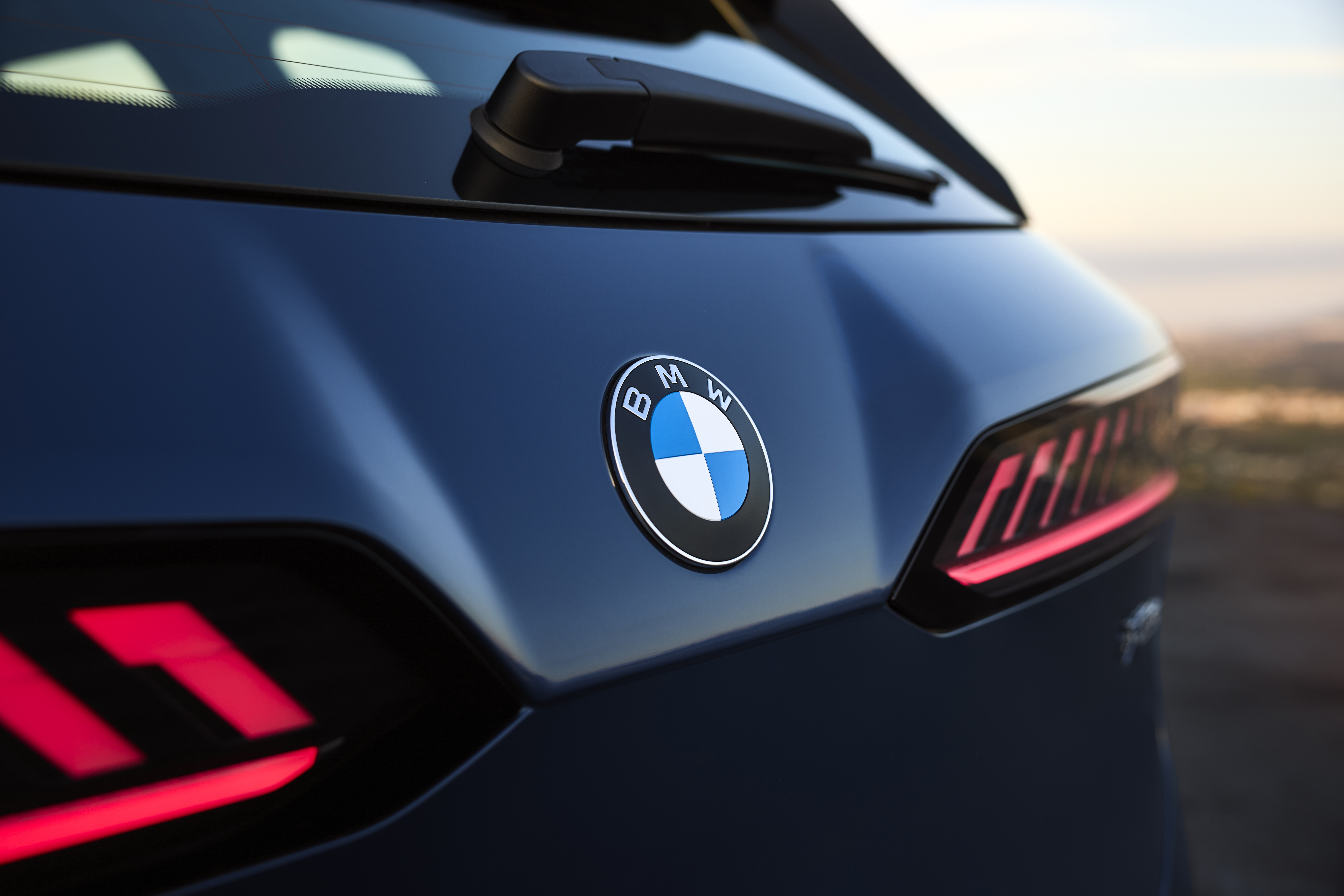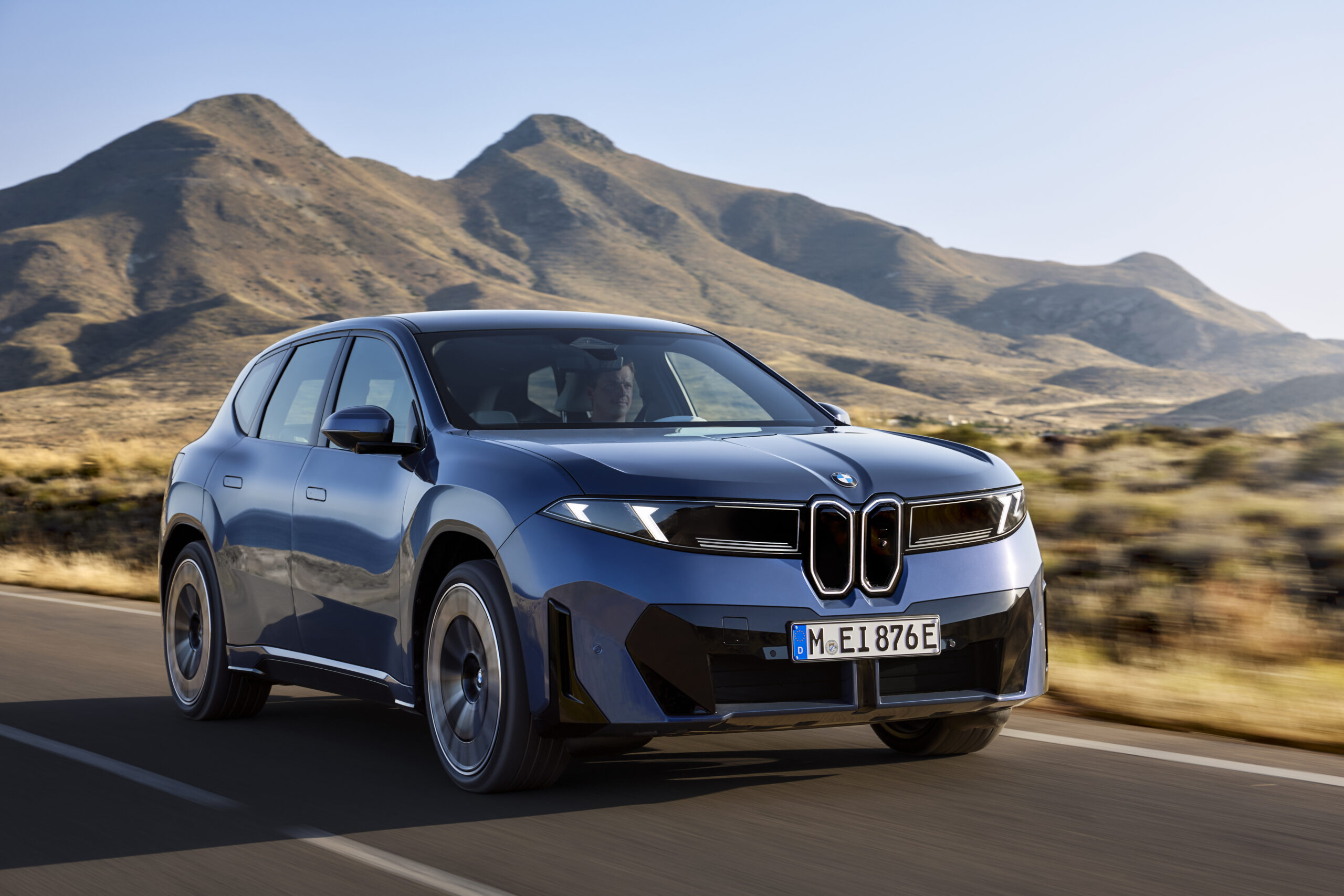Back in 2018, BMW announced plans to build a production facility in Debrecen, Hungary. With intended production output volume of up to 150,000 units per year and the ability to manufacture conventional internal combustion, plug-in hybrid, and electric vehicles on the same line, the factory would support BMW’s operations in Europe, a market that accounts for nearly half of BMW’s yearly sales, the remainder of which is largely split between the U.S. and China, both of which already boast local BMW factories. In the wake of the novel human coronavirus pandemic though, the plans have been moved back from 2021 to 2024 as BMW seeks to conserve cash for the foreseeable (and highly uncertain) future.
BMW has yet to heavily invest in Eastern Europe as far as manufacturing is concerned, but automakers like Mercedes-Benz and Volkswagen have had operations in the region for the better part of a decade now. In addition to being fully linked in terms of vital logistic connections like supply lines, the location BMW selected within Hungary was also said to benefit from a well-qualified workforce, which would gain an additional 1,000 opportunities created at the plant.
It’s all on hold now though, with the schedule having been postponed at least three years. According to CFO Nicolas Peter, who announced the delay during the automaker’s first quarter earnings call, it’s not the only project that will be pushed back, although the executive did not get specific with any other changes. BMW isn’t the only manufacturer on the defensive, but that doesn’t mean we’re any less worried about the prospect of projects and developments like a production model of the Vision M Next, which may or may not become a reality after everything began to change earlier this year.
Delays in the building of new production facilities and further investment in existing sites are almost always likely to be among the first things cut during any kind of downturn. As has been explained on this site in our coverage of the coronavirus pandemic and its effects auto industry, we have noted that the result of the combined shuttering of global production and widespread quarantining and lockdown orders have translated to simultaneous contractive demand and supply shocks hitting the global economy. In simpler terms, up until recently, there was no one building BMWs in many key plants, and no one buying them in dealerships.
As of May 4, production has slowly started to resume of some of BMW’s plants in Europe and Spartanburg in the U.S., while other factories have yet to resume operations. As states across the U.S. begin to lift stay-at-home orders, people may soon start buying cars in growing numbers once again. Whether or not demand will look anything like it did pre-pandemic remains to be seen, but in the mean time, BMW isn’t adding any unneeded production capacity or associated expense.—Alex Tock
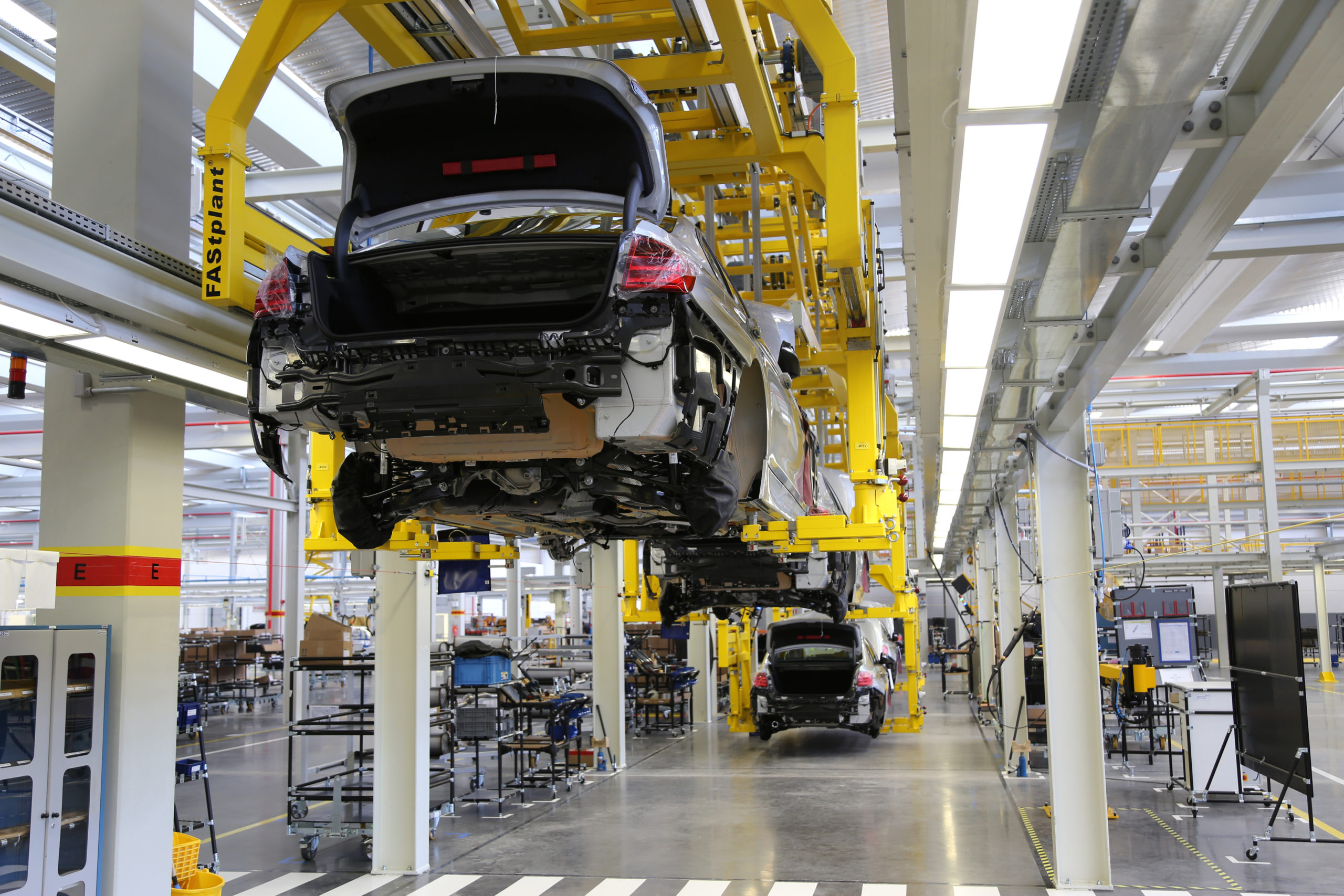
[Photos courtesy BMW AG.]

